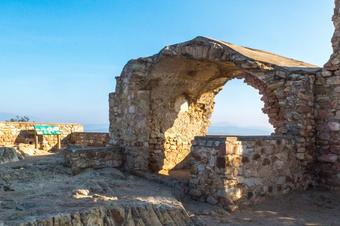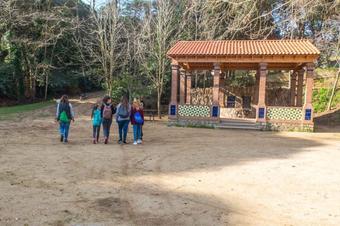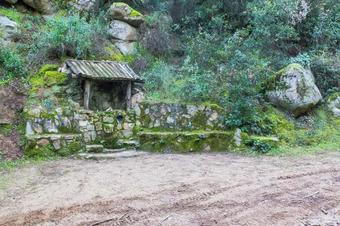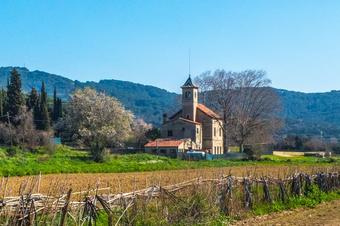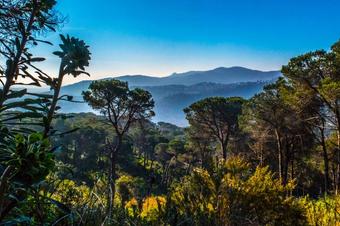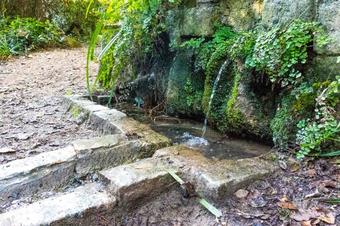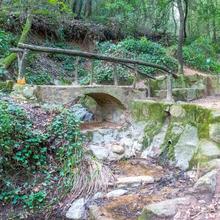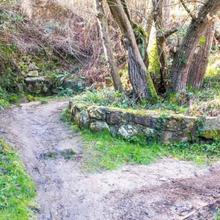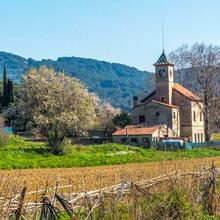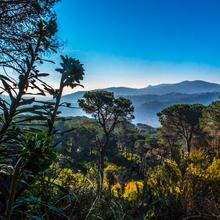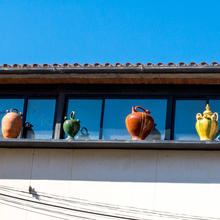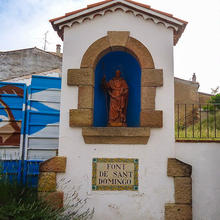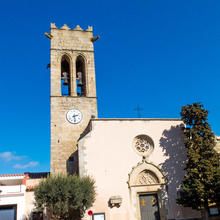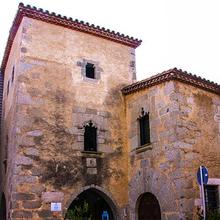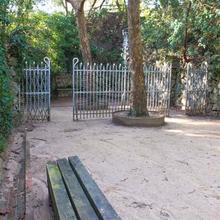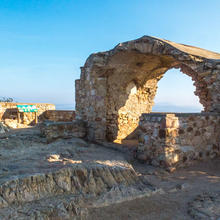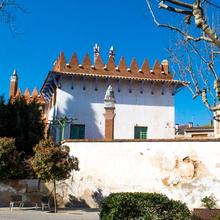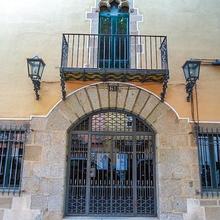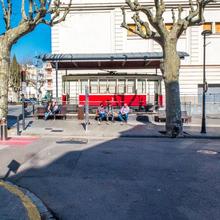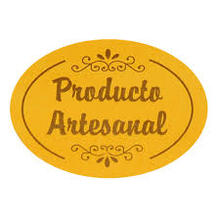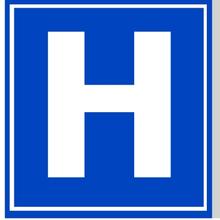Presentation
Where the Maresme lays down comfortably
Argentona is a town in the central part of the Maresme at the foot of the coastal mountain range and the centre of the wide valley that forms the stream that takes its name. Following the recognized characteristic disposition of many interior municipalities of the Maresme, in Argentona we find that while the closest area to the stream and the sea is flat and fertile, the most touching area to the mountains is usually ambushed and rugged, where there may survive some patches of old vines and other irrigated crops. The type of forest that predominates is a pine and white pine forest, with some areas of gushes and reeds along the paths of the streams. Currently, a large territory of the innermost mountainous area forms part of the protected area of the “Parc de la Serralada Litoral”.
Successive samples of prehistoric and historic settlements in the area are found in the current Iberian remains of “ca l’Estrada” and up to the 32 sites where Roman remains have been found. The name of Argentona can be found mentioned in a document from the year 873ac, but it’s from the XI Century when it is known that it is a small population entity under the control of “castell de Burriac”’s Sir, anciently under the name “castell de Sant Vicenç”. The growth of the town is slow but steady until the present day, losing its appearance and peasant identity to become a prepared place to host business industries and services under the powerful influence and proximity of Mataro, the capital of the region, allthough it remains as an interesting territory of vegetable and floriculture farmers.
During the second half of the nineteenth century, thanks to the discovery of numerous mineral and medicinal water fountains, spas quickly opened giving a recognized name to the population, the economic outlook changed and became a major summer resort for the Barcelonan bourgeoisie. From this period remain samples of bourgeois modernist architecture landowners, with a large identifiable footprint from the architect Puig i Cadafalch, whovacationed in town. This summer tradition has led to the proliferation of housing developments aimed first at second home and currently many of these are first home, due to a lot of people from the urban area of Barcelona and nearby neighbourhoods that are moving to the Town, leaving the city behind. Between one thing and another, the current census is about 12,000 when in the middle of the twentieth century it was around 3,000.
Argentona has a very strong identity marked by clay jugs and water. Since the mid-seventeenth century, the water that comes from the public “Sant Domènec’s” fountain is blessed, due to an antique town vote in times of an epidemic. Since 1951 this day is celebrated as the Clay Jug Festival, the town festival of Argentona, held in the frst days of August. In 1975 Argentona opens the first monographic museum dedicated to clay jugs. Moreover, the second weekend of January they celebrate the festival of Sant Julià and during the first weekend of July it takes place the International Fair of Ceramics and Pottery.
Contact telephones
Links of interest
Web d’informació turística i cultural d’Argentona.
Web d’informació del Parc de la Serralada Litoral.






